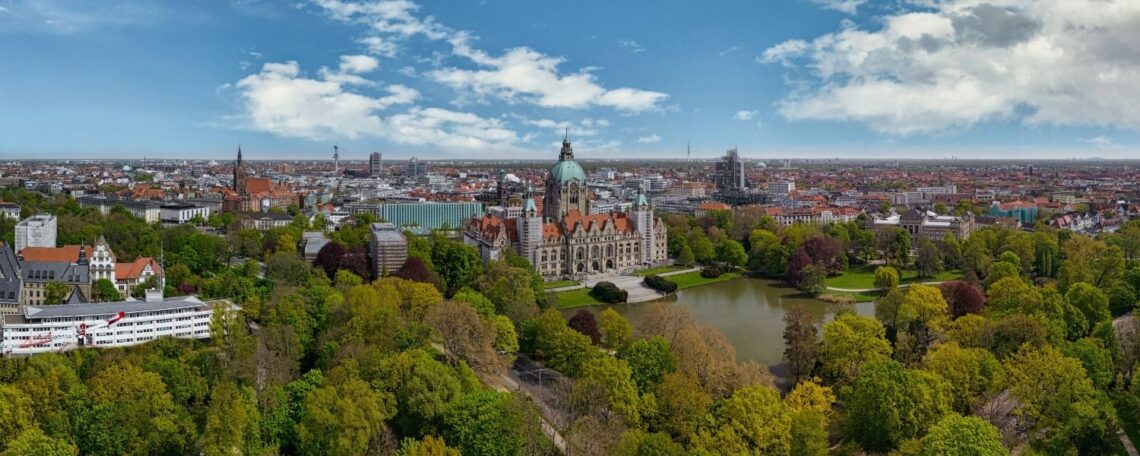You must complete the Germany naturalization test for Lower Saxony (Niedersachsen), also known as Leben in Deutschland (or Einbürgerungstest für Niedersachsen), for German citizenship and certain visa processes. Besides those in English, the German questions and answers you see on our website, Vasistdas.de, are automatically selected based on your chosen state and are similar to those you will encounter in the actual exam. The citizenship test for Lower Saxony on our site is intended solely for practice. To take the official test, you must schedule an appointment with the local VHS (Volkshochschule) in Lower Saxony or with private institutions that offer German courses.
If you would like to learn more about the German Citizenship Test Lower Saxony (Einbürgerungstest), or the Life in Germany Test (Leben in Deutschland), feel free to check out our article titled Naturalization test in Germany. If you want to proceed with naturalization test in Lower Saxony, check out the official web site here.
Finally, don’t forget to plan your vacations by taking a look at the holidays in Lower Saxony.
Lower Saxony citizenship test in English
Please note: The English translations included in the Germany naturalization test for Lower Saxony (Einbürgerungstest für Niedersachsen) are provided solely to help you understand the content. The official test will not include any questions or answers in English. The questions and answers available on our site for the Germany Citizenship Test have been sourced from the official website of the German Federal Office for Migration and Refugees and have been translated into English. If you wish to take the Life in Germany Test for a different state in Germany, please return to our main page.
More about the state of Lower Saxony (Niedersachsen)
Before reviewing the questions and answers for the Germany naturalization test for Lower Saxony, let’s briefly get to know the state. Lower Saxony is a state located in the northwestern region of Germany with its capital in Hanover. It borders the Netherlands and surrounds the city-state of Bremen. Other important cities in the state include Wolfsburg, Salzgitter, Celle, Göttingen, and Osnabrück. Lower Saxony covers an area of 46,000 square kilometers and has a population of 8 million, making it the second-largest state in Germany by land area.
Lower Saxony is known for its natural landscapes and is prominent in the agriculture and automotive sectors. A significant portion of its land is used for agriculture, producing essential food items like potatoes. The most commonly farmed crop is cabbage, which is widely consumed in traditional winter dishes. Compared to other states, Lower Saxony ranks first in the use of wind energy, aligning with Germany’s commitment to sustainable and environmentally friendly energy sources.
The state has fewer historical museums and monuments due to the extensive damage sustained during World War II, which left little behind. One of the most interesting facts about Lower Saxony is that the “Suurhusen” church in the state is even more tilted than the famous Leaning Tower of Pisa. So now, good luck with citizenship test Lower Saxony (Niedersachsen)!


